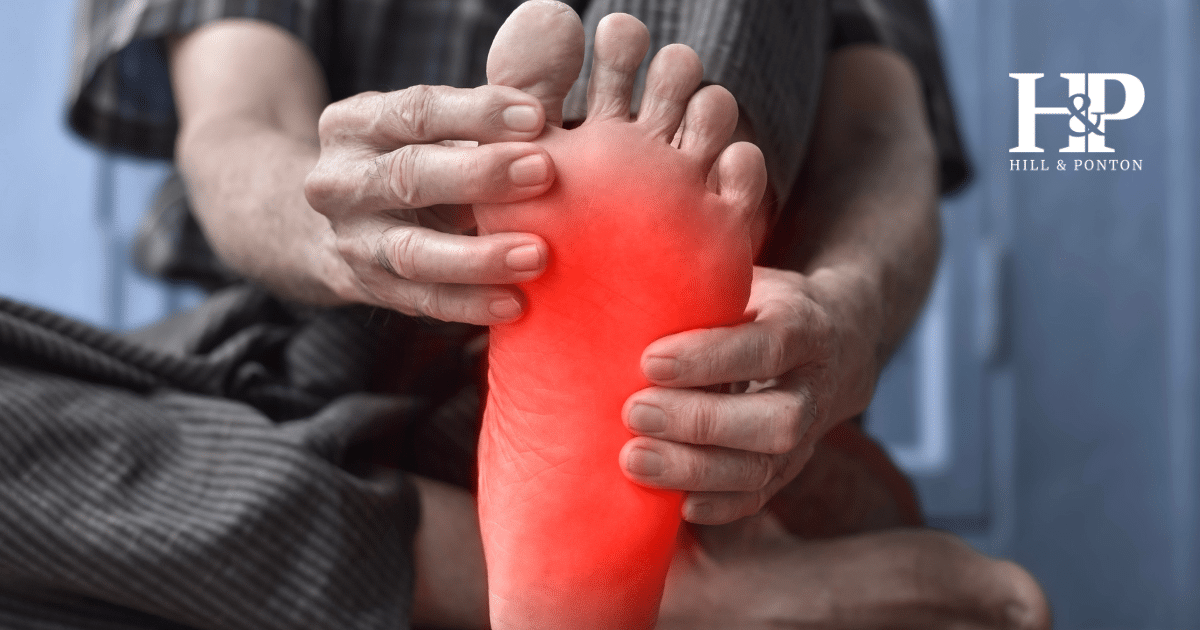The real crux of every VA case comes down to the evidence. In other words, what evidence is there to prove that the veteran has a current disability that is linked to his or her military service? Of course there are cases that are stronger than others, but again, the bottom line always comes down to the evidence, or lack thereof.
As my colleague discussed in her blog, the VA does have a duty to assist veterans in developing their claims. However, those of us who practice VA law know that unfortunately, the ‘duty to assist’ oftentimes turns out to be a fallacy. As such, most veterans will end up needing to assist their own cases if they want to have any chance at being successful against the VA.
In this regard, I thought it would be helpful to put together a checklist of the top 3 things a veteran can do to help ensure that the record is as developed as possible when seeking an award of benefits.
- Find out if you have a current diagnosis. In other words, if you have a condition that you believe is related to your military service, make sure that you have a current diagnosis of that condition in your records.
This may seem like a no-brainer, but I see this problem time and time again as I review veterans’ records. An example of this that I see quite frequently, is in claims for service connection for PTSD. A veteran may believe that he or she has PTSD; however, the treating doctors have not officially given this diagnosis in writing. Or, another frequent example of this happening is in claims for diabetic neuropathy. A veteran may have numbness and tingling in his or her extremities that is due to diabetes; however, no doctor has officially diagnosed neuropathy in writing.
I cannot emphasize enough that the very first step on the way to success in any claim is to make that there is a documented, current diagnosis in the record. How do you find out if you have a documented diagnosis? You should request a copy of your medical records and read them for yourself. After reading your medical records, if you discover that you have not been diagnosed with a condition that you believe you have, you should discuss the discrepancy with your medical providers and ask that your records be updated and/or corrected as necessary.
- Give your doctors the real picture. All doctors will tell you that in order to give the best medical care, it is important that they have a complete and accurate accounting of your symptoms. Unfortunately, when you’re sick or in distress, it is hard to think straight, let alone fully open up and give the doctors all of the information they need in order to accurately assess your situation. For this reason, I recommend that my clients always take a list of symptoms with them to every medical appointment. That way, you have a written reminder of what you experience on a day-to-day basis and you won’t forget when you do get in front of the doctor. If you’re able to take a spouse, friend, or a loved one with you to the appointment, that can also help with giving your doctors an accurate account of your conditions. The information that can be provided by a spouse, loved one, etc. in a buddy statement is often invaluable to proving the case.
- Develop a rapport with your doctors. Without question, a treating doctor who is willing to support a VA claim in writing (i.e. provide a nexus letter or a letter discussing the severity of your symptoms) is one of the best pieces of evidence you can have in support of your claim. Treating doctors normally have a unique insight into the longitudinal history of your condition, and are often more sensitive to and more aware of just how disabling your conditions truly are. The take away is that if at all possible, you should try to develop a rapport with your medical providers, because you will most assuredly need them later on in the process!
On the other hand, if you find out that your treating doctors are not supportive of your disabilities, it’s better to find that out early on in the process. If your doctor is not supportive, that is not always the end of the road, and there are other avenues that can be pursued to help prove your case. However, it goes without saying that the value of a supportive, treating doctor cannot be underestimated.




